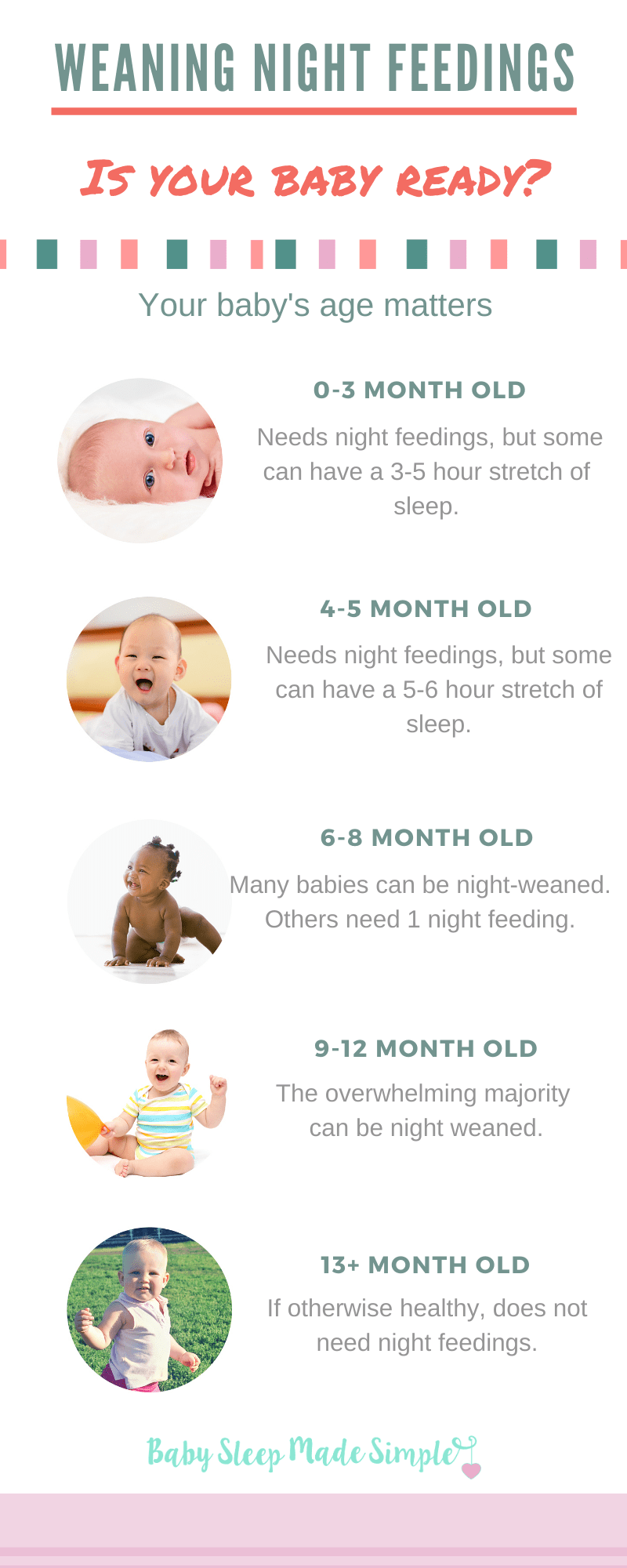
If your baby is under 6 months youll be substituting breastfeeding sessions with formula. If your child is over 1 year and having a variety of foods and drinks they will not need a replacement feed.
/mixed-race-mother-nursing-daughter-in-living-room-526296725-596fda74aad52b001128f3c0.jpg)
It may also be helpful to have you not in the roomhome so baby cannot smell you.
How to stop breastfeeding at 6 months. Stopping breastfeeding before six months If you feel unable to continue breastfeeding until the six-month mark and want to try mother-led weaning start by cutting out one breastfeed a day and replacing it with a bottle of formula. Ideally start with the mid-day feed. What the guidelines say Australias dietary guidelines recommend exclusive breastfeeding of infants until theyre 6 months old with the introduction of solid foods at around 6 months then to continue breastfeeding until the age of 12 months and beyond if it suits the mother and child.
Breastmilk is free and for many parents convenient. If youre ready to stop breastfeeding and dry up your milk supply a good rule of thumb is to plan to drop one feeding session every 3 to 5 days. Average age to stop breastfeeding Pediatric nutritionists think that at around six months old babies begin to need more nutrients such as iron and zinc than breast milk alone can provide.
This is a good age to begin introducing other foods into your babys diet to. If your baby is under 6 months youll be substituting breastfeeding sessions with formula. If your baby hasnt taken a bottle before you will want to make sure they get used to that.
Start weaning by replacing one breast milk feeding a day with a bottle of infant formula for your child younger than 12 months old or with a cup of fortified cows milk for your child 12 months or older. Continue to replace more breast milk feedings with. When exclusively breastfeeding a baby typically consumes 750 to 800 ml 264 to 28 fl oz of milk each day.
At nine to 12 months old he could still take around 500 ml 176 fl oz a day which provides about half his daily calories. By 18 months hell probably have about 200 ml 7 fl oz a day which is about 29 of his calories. The American Academy of Pediatrics AAP recommends that infants be exclusively breastfed for about the first 6 months with continued breastfeeding while introducing appropriate complementary foods for 1 year or longer.
1 The World Health Organization also recommends exclusively breastfeeding up to 6 months with continued breastfeeding along with appropriate. In this breastfeeding blog series Breastfeeding the Older Baby - What to Expect and How to Adjust we will answer some of the most common questions and concerns we hear from moms as they navigate breastfeeding a 6-9 month old a 9-12 month old and a 12-18 month old. It may also be helpful to have you not in the roomhome so baby cannot smell you.
Let the baby have a few days or weeks if possible between each time you substitute a breastfeeding session with a bottle. Express a little milk from your breasts to your own comfort if you become engorged. Some babies have what seems like a loss of interest in nursing at about 6 to 9 months of age.
2 During this time your baby may nurse less often nurse for shorter periods of time skip feedings or stop breastfeeding altogether. Since most children do not truly wean themselves this early what seems like self-weaning is more likely a. The best way to stop breastfeeding without pain is to do it slowly.
Gradual weaning by phasing out one feeding or pump session every few days is usually a good way to start says Radcliffe. Besides cutting back on a feeding every three days or so. Changes in breast-feeding patterns leading to eventual weaning often begin naturally at age 6 months when solid foods are typically introduced.
Some children begin to seek other forms of nutrition and comfort at around age 1. By this age children typically eat a variety of solid foods and are able to drink from a cup. Breastfeeding still has lots of benefits for you and your baby after 6 months.
All major health organizations recommend breastfeeding for at least 1 year. Still nursing my 11 month old and he will nurse for at least a few more months he doesnt seem ready at all to stop and prefers milk over food still Erin 30 I was 29 and we stopped at 13 months. In 1997 the American Academy of Pediatrics revised its recommendations for breastfeeding urging mothers to nurse exclusively for the first six months and to.
Take away one feeding at a time Eliminate the easiest feedings first Offer a meal instead of nursing. All kids should eat every 25 3 hours count from the start of one meal to the start of the next. If your baby is younger than 1 year youll need to replace the dropped breastfeed with a formula feed from a bottle or if they are over 6 months a cup or beaker instead.
See more about drinks and cups for babies. If your child is over 1 year and having a variety of foods and drinks they will not need a replacement feed.